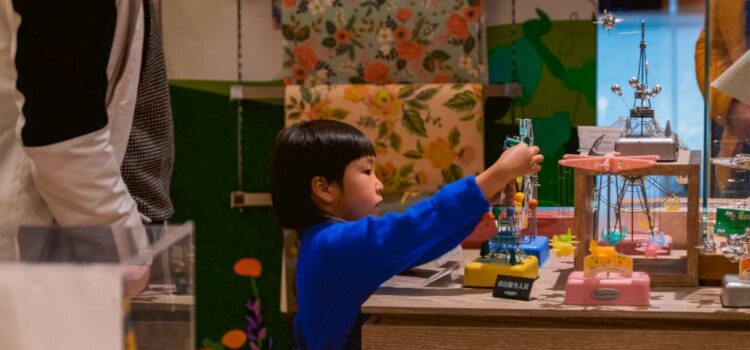

This article is an excerpt from the Shortform book guide to "Attached" by Amir Levine and Rachel Heller. Shortform has the world's best summaries and analyses of books you should be reading.
Like this article? Sign up for a free trial here .
What is a “secure base” in regards to attachment theory? Why do both children and adults need a secure base in order to thrive?
Psychologist Mary Ainsworth found that if a child had a “secure base,” (such as having a parent in the room with them) they felt more confident to explore. More recently, researchers found that adults also crave a secure base, such as a partner or friend, to thrive.
Keep reading to learn more about the psychology of having a secure base.
Why Children Need Secure Bases
Even though attachment theory now acknowledges there are many factors that determine adult attachment styles, it’s still worth examining the importance of the parent-child bond and the need for a secure base. After all, our relationship with our parents as infants is our first experience of relying on other human beings.
The research: Psychologist Mary Ainsworth advanced the science of parent-child attachment through a study known as the “strange situation test,” proving that having an attachment figure close by creates a “secure base” for a child. In her study, she placed a mother and her child in the same unfamiliar room that was filled with toys. When mother and child were together, the child felt secure enough to explore the room and play with whatever toys he or she found. But when the mother left the room, the child became distraught. A research assistant would try to appease the child by offering more toys, but the child wasn’t reassured by a stranger. Only when the mother returned did the child relax and start playing again. Ainsworth postulated that this “secure base” is a requirement for children to explore and develop.
Adults Need a Secure Base, Too
Researchers expanded on Ainsworth’s studies and discovered that adults are not all that different from a small child in an unfamiliar room full of toys. When adults feel secure, they can take on the world’s challenges with confidence. Adults face “strange situations” every day, but if they have a secure base, they have a better chance to thrive. A secure base helps adults deal with the ups and downs of their careers, nourish relationships with their family and friends, enjoy their hobbies and interests, and pursue their goals, even if they experience setbacks along the way. Unfortunately, when adults don’t have a secure base, they can falter.
The bottom line: We need the reassurance of our adult attachment figures (i.e. romantic partners) in order to focus on challenging tasks and succeed in our goals. Having a partner who provides a “secure base” and makes us feel safe—one who knows how to reassure us in challenging situations—allows us to be our bravest selves.
The research: At Carnegie Mellon University, researchers have studied the way that adult partners offer support to each other. In a lab setting, partners discuss their individual goals with each other. Afterward, they are led into separate rooms to answer questions about how the discussion went. Not surprisingly, those who believed their partners were genuinely interested in their goals had higher self-esteem and thought they had a better chance of achieving their goals than those whose partners were less supportive or interested.
This doesn’t mean that you and your partner must be joined at the hip. In fact, it’s the opposite. Knowing that you have a partner who “has your back” will actually make you more independent, more willing to take risks, and more capable of stepping out bravely into the world.

———End of Preview———
Like what you just read? Read the rest of the world's best book summary and analysis of Amir Levine and Rachel Heller's "Attached" at Shortform .
Here's what you'll find in our full Attached summary :
- Why your partner behaves the way they do
- How your attachment style affects your relationship
- How to distance yourself from unhealthy relationships






